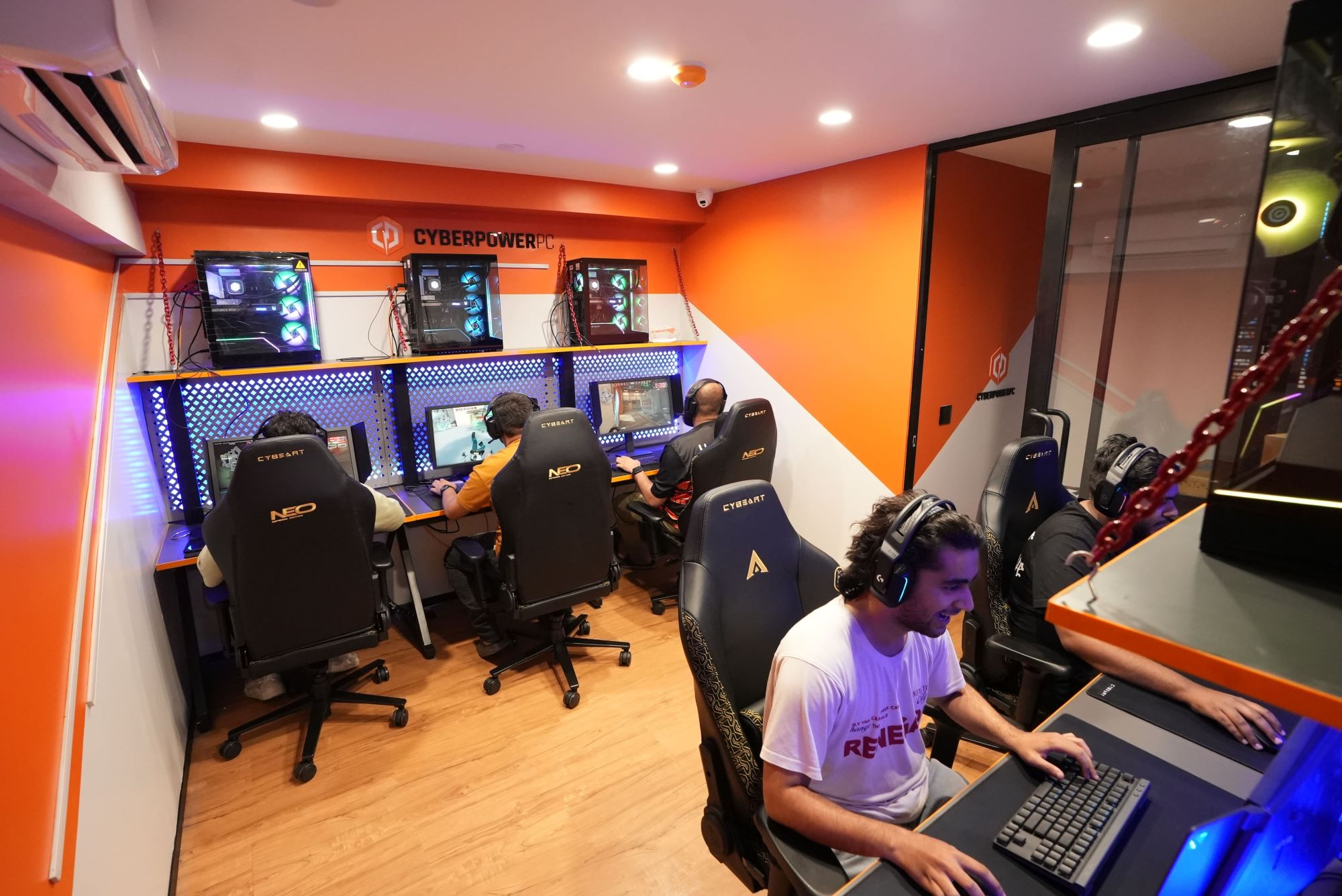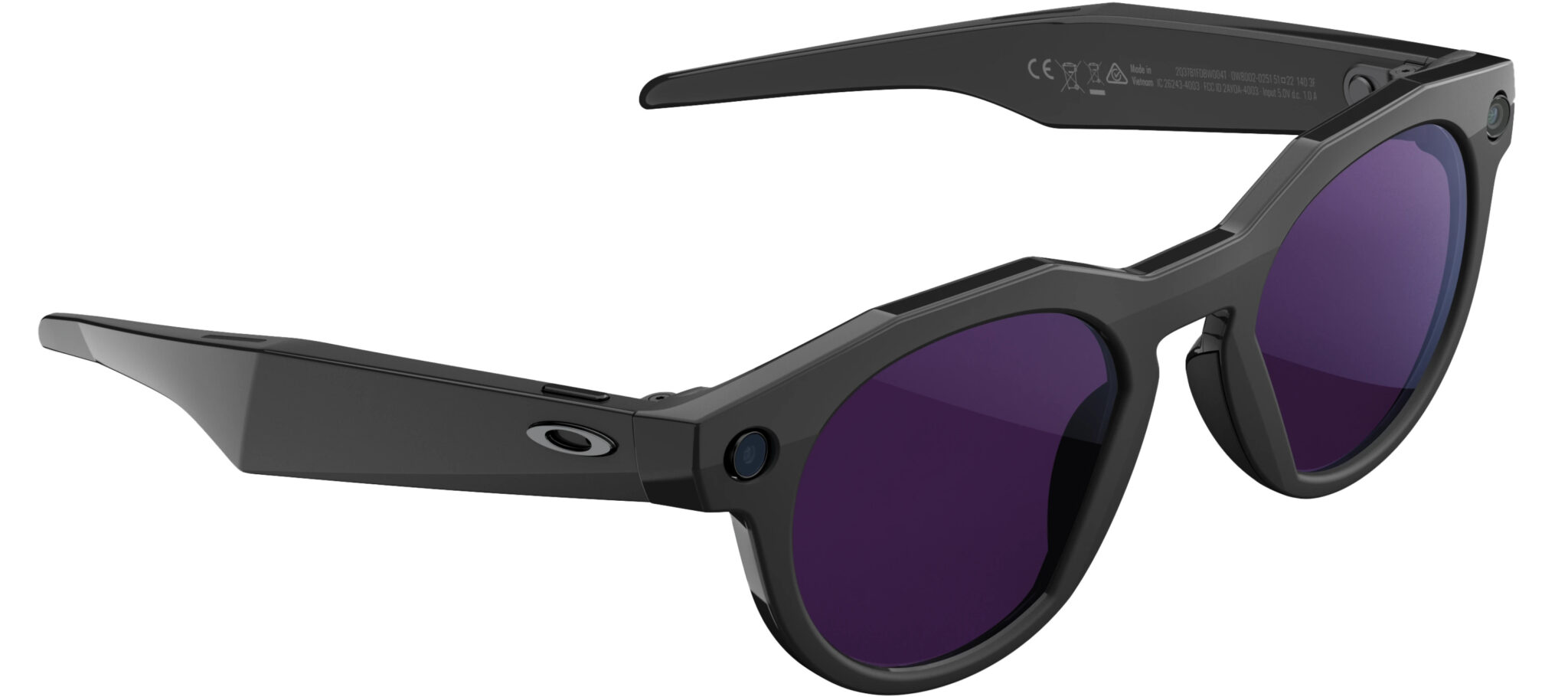Around the world, organizations are rapidly adopting Artificial Intelligence (AI) to strengthen their cybersecurity defenses. Yet, as they lean into AI, many are growing wary of the new risks that come with it. According to new findings from Trend Micro, a global leader in AI-driven cybersecurity, this shift is revealing both promise and peril.
Key Takeaways:
- 81% of global businesses currently use AI in their cybersecurity strategies; another 16% are in the exploratory phase.
- 97% of respondents are open to integrating AI in some form for cybersecurity.
- More than half use AI for functions like automated asset discovery, risk prioritization, and anomaly detection.
- 42% consider AI and automation as top cybersecurity priorities for the coming year.
- Alarmingly, 94% of businesses expect AI to increase their cyber risk exposure within the next three to five years.
- Over half foresee more complex AI-powered attacks that will force a rethinking of current defenses.
- Seven new zero-day vulnerabilities were found in widely used AI frameworks, including NVIDIA Triton Inference Server, Chroma, Redis, and the NVIDIA Container Toolkit.
AI’s Role in Cybersecurity: A Double-Edged Sword
Sharda Tickoo, Country Manager for India & SAARC at Trend Micro, summed it up quite plainly: AI has immense potential to boost cyber defenses. It can spot anomalies faster, automate tedious tasks, and free up security teams to focus on bigger issues. But, as she noted, “the adversaries are also keen to harness AI for malicious purposes,” which creates a rapidly evolving and unpredictable threat environment. Her warning? Cybersecurity must be woven into AI systems right from the start—it’s simply too risky to bolt it on later.
Trend Micro’s latest study, surveying 2,250 IT and cybersecurity professionals across 21 countries, reflects this uneasy optimism. A significant 81% of global businesses have already deployed AI tools as part of their cybersecurity toolkit, and another 16% are actively exploring how to do the same. Just about everyone surveyed—97%, to be exact—is at least open to the idea.
For many, AI is already doing the heavy lifting. It’s being used for automated discovery of digital assets, helping prioritize risks, and spotting anomalies that human teams might miss. Notably, 42% of organizations ranked AI and automation among their top priorities for the next year when it comes to fortifying cybersecurity.
Rising Concerns Over AI-Driven Cyber Risks
But enthusiasm aside, there are serious reservations. A full 94% of respondents believe that AI could actually worsen their risk exposure in the next three to five years. More than half expect cyberattacks to grow more complex, more targeted, and more difficult to defend against—all thanks to the same AI capabilities they’re now adopting.
The fears aren’t unfounded. Businesses worry about data leaks, the murkiness of how AI systems handle or store sensitive information, and the lurking threat of proprietary data being siphoned off by untrusted AI models. There’s also the sheer complexity of compliance and monitoring when new endpoints, APIs, and shadow IT continue to emerge.
Vulnerabilities in AI Frameworks Identified
Trend Micro’s research didn’t just gather opinions—it dug into the tech itself. Investigators uncovered 12 real-world incidents targeting major AI frameworks. NVIDIA’s Triton Inference Server was a key target. Others, like Chroma, Redis, and the NVIDIA Container Toolkit, were exploited as well. In several cases, a single bug was all it took to break through.
All in, the team discovered seven zero-day vulnerabilities—these are software flaws that hackers can exploit before a fix is available. Vendors have now been given 90 days to issue patches before technical details are disclosed publicly. That countdown has already begun.
A Call for Proactive Security
As AI continues to seep into every layer of enterprise IT, Trend Micro urges security leaders not to wait. The company emphasizes the need to continuously reassess cyber risks and to embed robust security practices into every phase of AI adoption.
FAQs
Q1: How are global businesses currently using AI in cybersecurity?
A1: Most (81%) are already using AI tools in their cybersecurity strategies, and 16% are actively exploring their use. Key functions include automated asset discovery, risk prioritization, and anomaly detection.
Q2: What are the main concerns businesses have about AI and cyber risk?
A2: There’s widespread concern that AI could raise cyber risk levels. Specifically, 94% of businesses expect this within three to five years. Worries include more complex attacks, data exposure, lack of clarity in AI data handling, and risks related to proprietary data.
Q3: What are zero-day vulnerabilities in AI frameworks?
A3: These are newly found software bugs that attackers can exploit before the vendor releases a patch. Trend Micro found seven such vulnerabilities in platforms like NVIDIA Triton Inference Server, Chroma, Redis, and NVIDIA Container Toolkit.
Q4: What is Trend Micro’s advice for businesses regarding AI adoption and security?
A4: The company advises organizations to stay ahead of threats by proactively evaluating risk and integrating security into every phase of their AI journey.



















